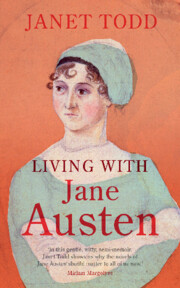I try to be as accurate as I can when I’m working on a historical. I research the facts, make sure my details are true and hope to convey the feeling of the time period.
But what if these conflicts with what a reader expects?
When you are educated in history, the preconceptions of what you believe about the past are wiped away by the truth found in books. Elementary and high school history courses pretty much give a Cliff Notes version of history, coloring the world in black and white, ignoring the fact that our ancestors were human beings just like us, with the same hopes and dreams as we do. And many of the same values.
Anyway, I’m writing an 18th century historical and I know it will raise brows. The language is rough. But at the time, words we reserve for swearing now were no big deal then. They were an earthier group of people, slowly moving towards the bourgeois values more apparent in the Regency period. And the belief that women were not educated. They were and in more than sewing. It was essential they be able to converse about the politics of the day. The upper classes spent much of their time socializing and women were known for the salons hosting writers, artists and politicians. These women were educated.
On a smaller scale, so were the lower classes. No one wanted a housekeeper who couldn’t read. And a scullery girl knew the only way she could advance in her profession was to learn skills, and many times that required literacy.
Those are some specific details, there are plenty more. But in general it concerns me that as a writer I will be writing against the notions readers have based on their perceptions of the past. Does anyone else worry about this?
Sunday, July 30, 2006
Subscribe to:
Comments (Atom)







